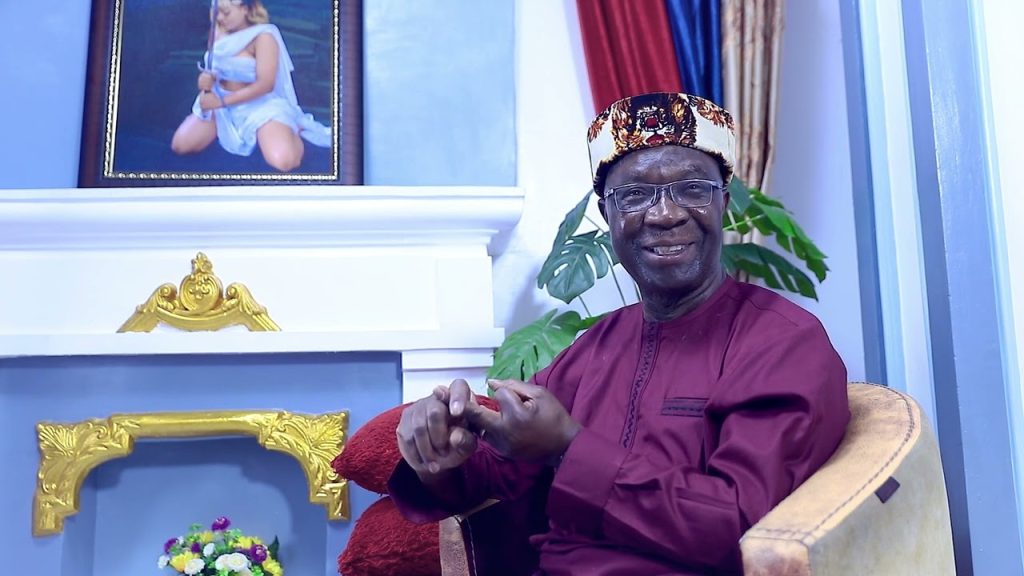
Eze-elect, Amanze advocates autonomous community representation in LG Councils

From Boniface Okoro, Umuahia
In the wake of the full autonomy granted the local government system in Nigeria, the Eze-elect of Nsirimo Amaise Autonomous Community in Umuahia South of Abia State, His Royal High Prince Ugochinyerenwa, Dr Charles Chukwuemeka Amanze, has called for amendment of the local government law in Abia State to give autonomous communities opportunity for effective representation and participation in Local Council administrations.

Dr Amanze is specifically appealing to Abia State Governor, Dr. Alex Otti, the state legislature and all political stakeholders to support the amendment of the local government law to include representation of each autonomous community in the local government Council.
The Cultural Ambassador and business mogul, in a statement made available to newsmen in Umuahia, suggested that each autonomous community should have a representative in the Local Council administration, adding that clear guidelines should be established for election/selection of such a representative.
Though he said the position being advocated should not take the place of Councillors who occupy the legislative arm of the local Councils, he contended that a situation whereby many autonomous communities share one Councillor in present-day Nigeria was no longer ideal for effective grassroots representation, administration and development in the 21st Century.
The statement which Dr. Amanze personally signed, reads in part: “As we celebrate our New found autonomy of the Local Government system granted by the Nigerian Federal Government, I wish to bring to the attention of our esteemed state government, a crucial matter.
“The Executive Governor of Abia State, Dr. Alex Chioma Otti, (OFR), and the esteemed members of the State Legislature, political parties and all stakeholders, we have been granted local government autonomy, but our journey is far from over.
“We need a voice in the Local Government Council for each autonomous community to ensure that our communities are carried along in the scheme of things.
I therefore urge our government to take necessary steps to provide for the representation of autonomous communities, like ours, in the local government administration.”
“To ensure equitable representation and effective governance, we propose that each autonomous community within the local government area have its own dedicated representative in the Local Council administration. This will replace the existing rotational system,” he said, adding that adopting individual autonomous community representation would ensure that every community has “a strong, dedicated voice,” which would serve as a vital link between the community and the council.
According to him, the primary functions of the Community Representative would include advocating community interests and needs, providing feedbacks on council and community decisions, among others.
Reasons he listed while a Councillor representing many autonomous communities does not suffice any longer include not having full knowledge of each community’s specific needs, prioritizing party interests over community concerns and not being accessible or accountable to the community.
In this regard, he reasoned that a community representative would complement the Councillor’s representation as the community representative would be in a position to provide specialized knowledge of community needs, ensuring community participation in the local government’s decision-making process, holding Councillors accountable, as well as facilitating collaboration between community groups and the local government.
“This dual representation ensures more effective governance and community engagement,” he opined.
He further stressed that no matter how challenging it might be, however complex the suggested system may be, or resourceful-gulping, it is a milestone which “presents an opportunity to further democratize our governance and ensure inclusive representation at the grassroots.”



